The UK Government has launched an attack on nature within the autumn mini-budget, announced last week.
The chancellor, Kwasi Kwarteng, put forward new proposals for “investment zones” in his growth plan on Friday. These are areas where regulations – including many environmental protections – would be removed to allow for quicker development.
So far, 38 planned investment zones have been announced for England, but the government has stated that it intends to create further zones in Scotland, Wales and Northern Ireland.
The idea is that these will offer lower taxes and reduced planning restrictions as an incentive to speed up building development. Businesses will be offered more land for commercial and housing use, creating a whole raft of new developments, underpinned by the promise of full stamp duty and land tax relief.
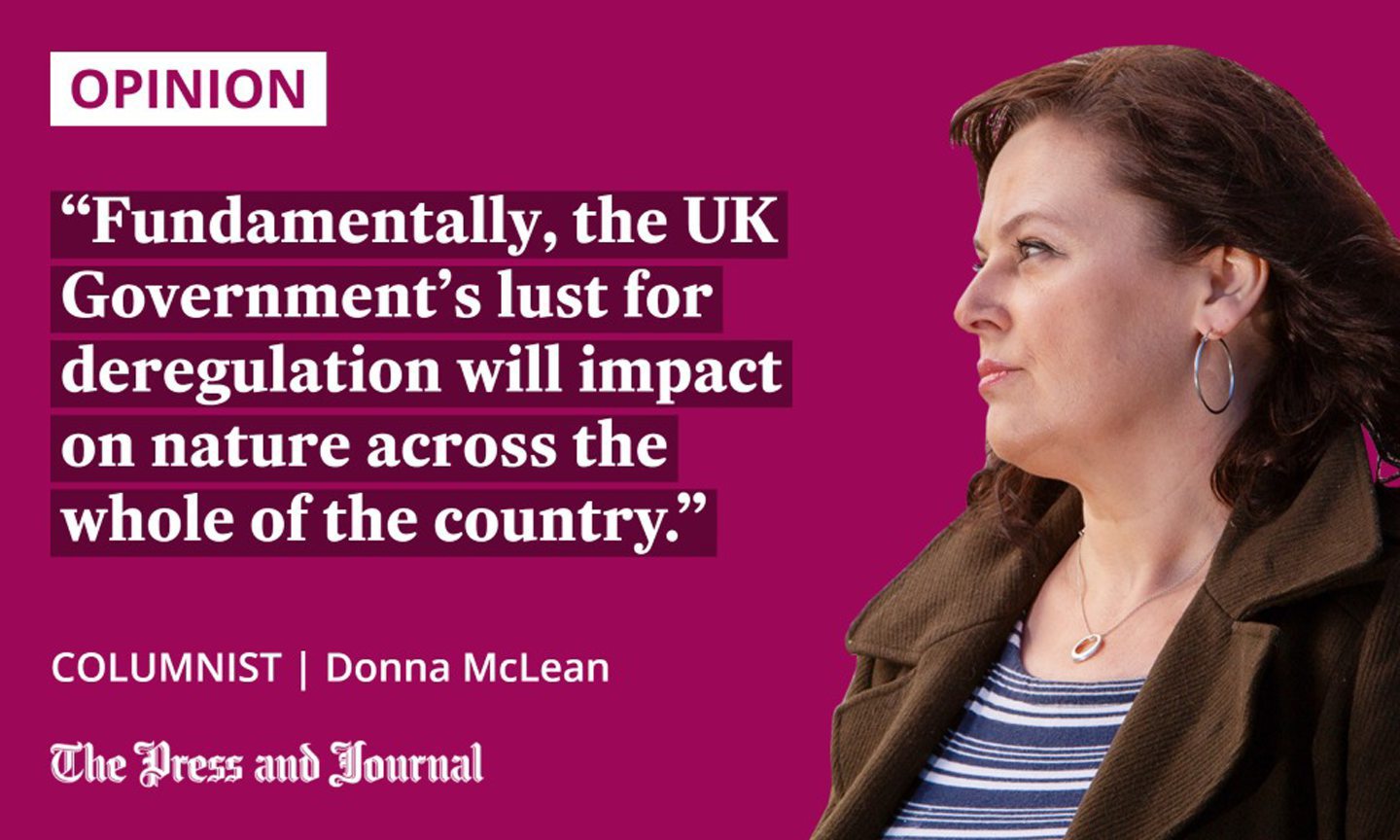
Creating these so-called investment zones in Scotland would potentially rip up existing legal protections for natural habitats, destroying wildlife in the process, and seeing areas potentially being turned into massive industrial estates, full of warehouses staffed by underpaid workers. Deregulation does not sound like progress, on any level.
In addition to the threats to the natural world from the latest budget, the new Retained EU Law Bill seeks to revoke hundreds of environmental laws that originated from the European Union, with a timescale in place to achieve this by the end of 2023.
This mass of regulations which could be thrown on the bonfire include laws on water quality, sewage pollution, clean air, habitat protections and the use of pesticides. It’s terrifying to see these vital regulations being lined up for removal from UK law under a government bill.
Removing vital protections in law
Although environmental matters are largely devolved in the UK – for example with fracking, where the ban will thankfully remain in place in Scotland despite being lifted south of the border – habitats regulations do apply directly to Scotland, in some specific circumstances.
⚠️😡Make no mistake, we are angry. This Government has today launched an attack on nature. We don’t use the words that follow lightly. We are entering uncharted territory. Please read this thread. 1/13 pic.twitter.com/NAPfIjLZKA
— RSPB England 🌍 (@RSPBEngland) September 23, 2022
These play a vital role in protecting our natural environments from developers, pushing them back from bulldozing important wildlife areas and, therefore, protecting many vulnerable species. They provide clear rules and boundaries, which overzealous land and business owners must adhere to.
Removing these vital protections in law will weaken both the processes and ongoing scrutiny of new energy projects and activities in Scotland, which could put conservation work at real risk.
The Scottish Government has made commitments to either maintain or exceed those EU environmental standards post-Brexit, but, if Holyrood has to go through a process of making sure all relevant EU-retained laws stay on Scotland’s statute books, huge amounts of time and resources will be wasted. That’s time and resources that should be spent on tackling the climate crisis right now.
There are also several important bills currently scheduled, on agriculture, grouse moors, and the natural environment, which could potentially be delayed due to this bureaucracy.
Lowering of environmental standards will have terrible consequences
In addition, Westminster has announced plans to review the intended environmental land management scheme (Elms), which would pay farmers to ensure environmental protections. Instead, the Department for Environment, Food and Rural Affairs is considering paying landowners a yearly set sum for each acre of land they own.
Elms was devised to encourage farmers to create and protect space for rare species, including wading birds and dormice, as well as absorbing carbon to help England reach its net zero target. Pilot schemes have created rare habitats and brought back species including nightingales, beavers and white stork.
Nature doesn’t recognise borders or devolution
Fundamentally, the UK Government’s lust for deregulation will impact on nature across the whole of the country.
Nature doesn’t recognise borders or devolution. A lowering of environmental standards will have terrible consequences across all the four nations.
What message are we sending to the world?
Additional proposals to fast-track offshore windfarms and create new and redeveloped oil and gas fields in the North Sea without proper scrutiny could undermine all net zero ambitions and be catastrophic for our seabird population.
Westminster represents all the UK devolved nations when it takes to the world stage. These latest announcements from Kwasi Kwarteng make it very clear to international leaders that the UK Government is not serious about environmental concerns.
Cop15 takes place in Montreal in just two months’ time and will set the next round of global targets on nature and climate. What message are we currently sending to the world?
We need action to halt the decline of natural habitats, in Scotland and across the whole of the UK. Now more than ever, nature needs our voice and our protection. Our health, wellbeing and our future depend on it.
Donna McLean is originally from Ayrshire and is a mum of twins, writer and activist
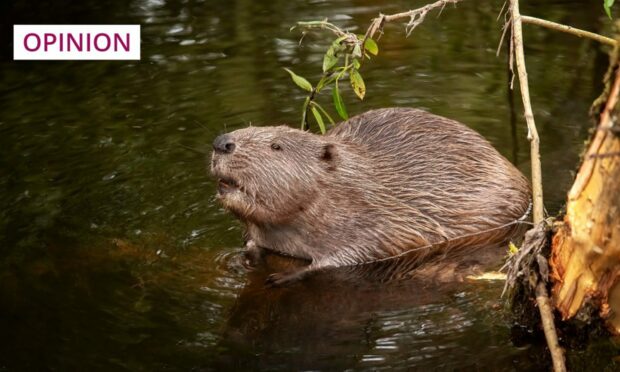
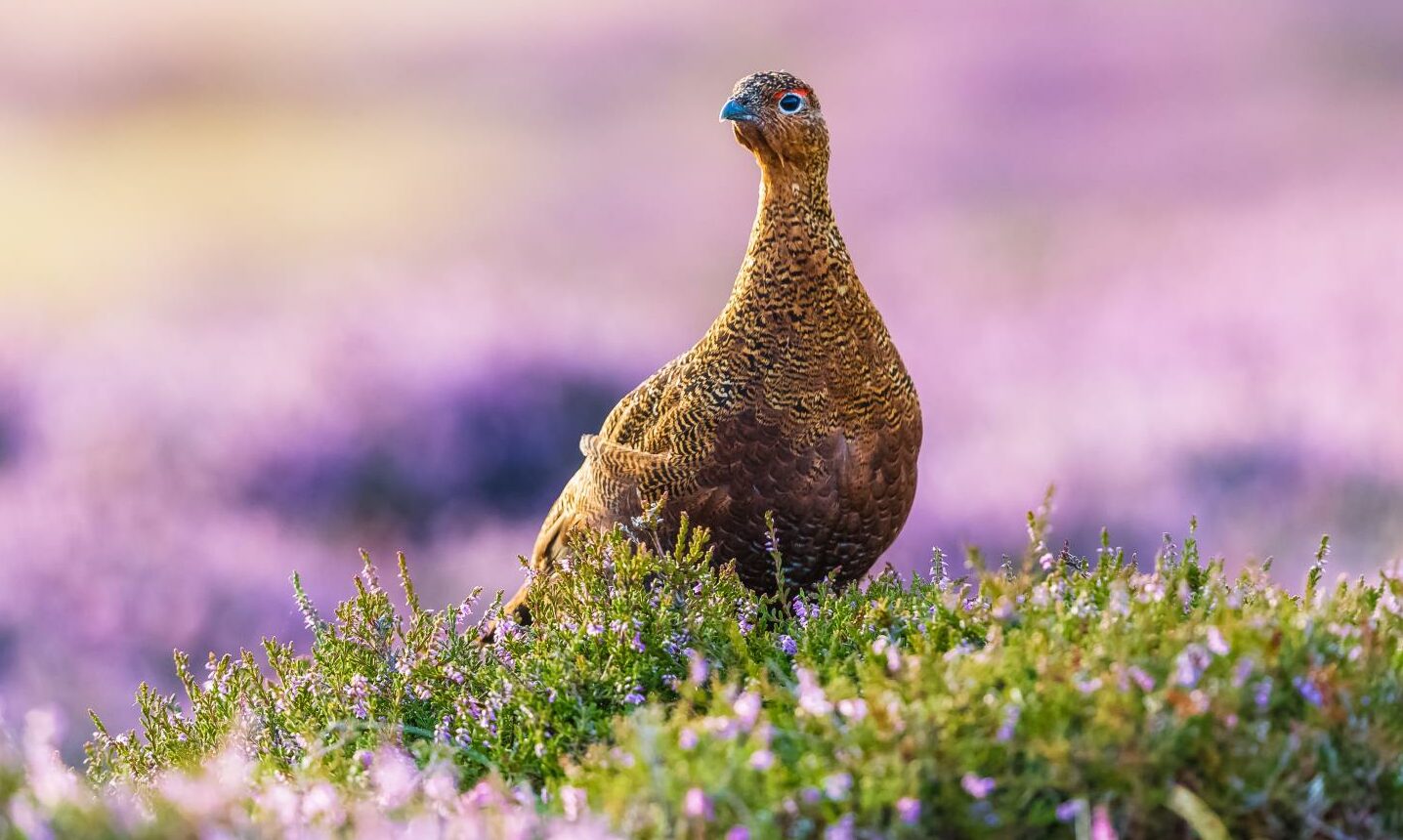
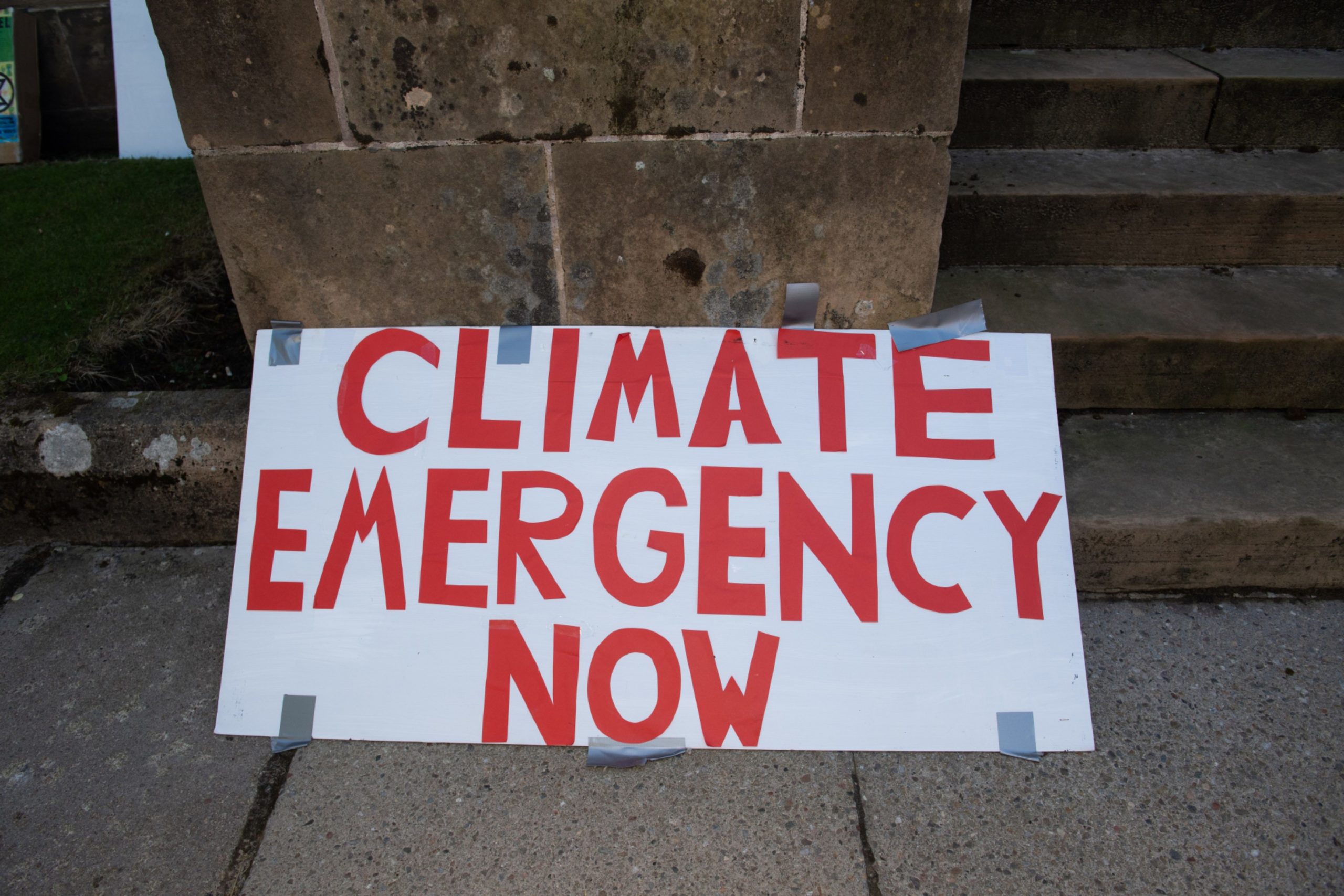
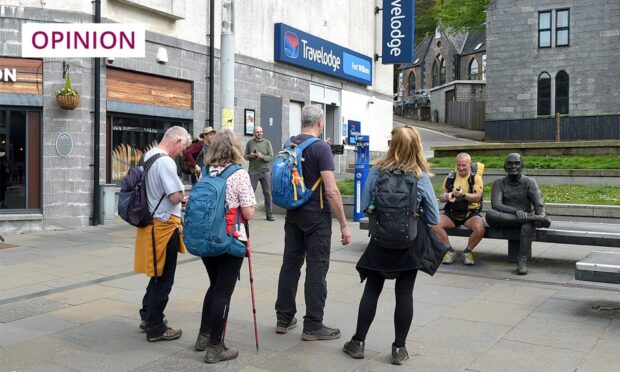
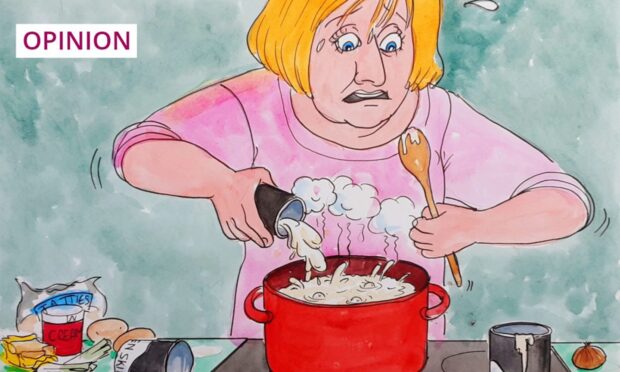

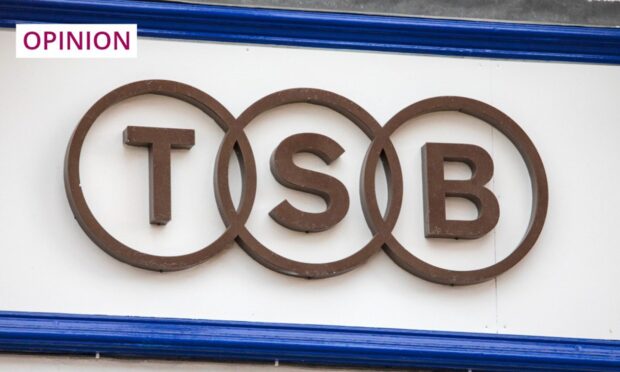
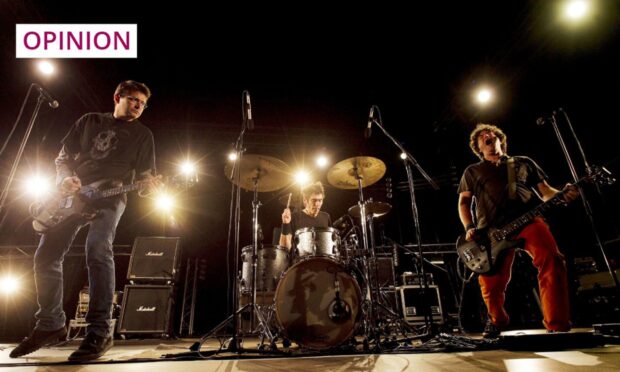
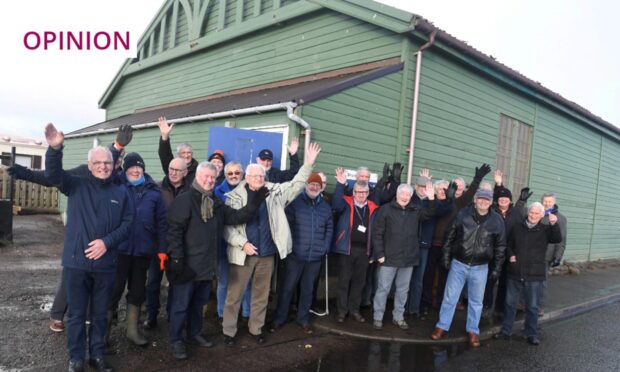
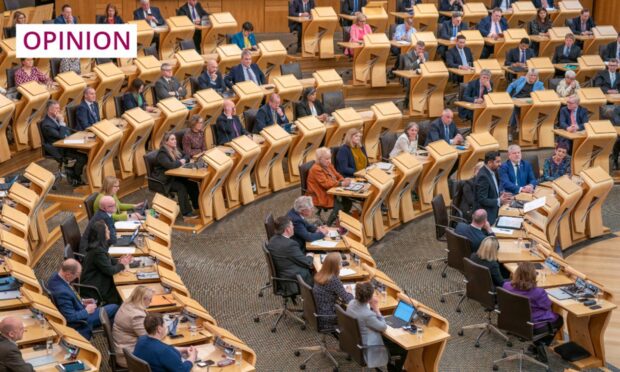
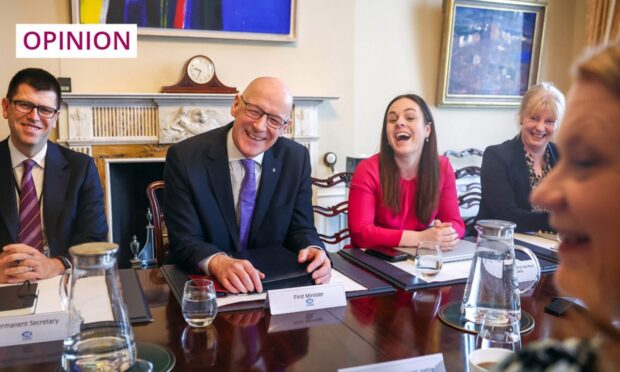

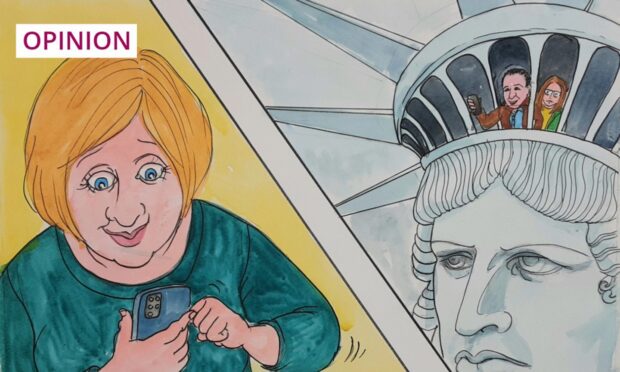
Conversation